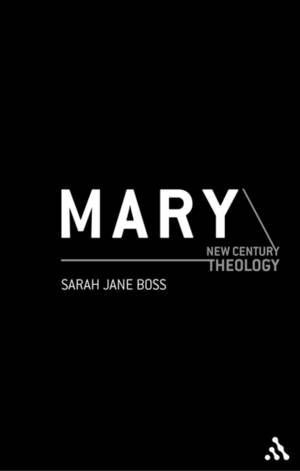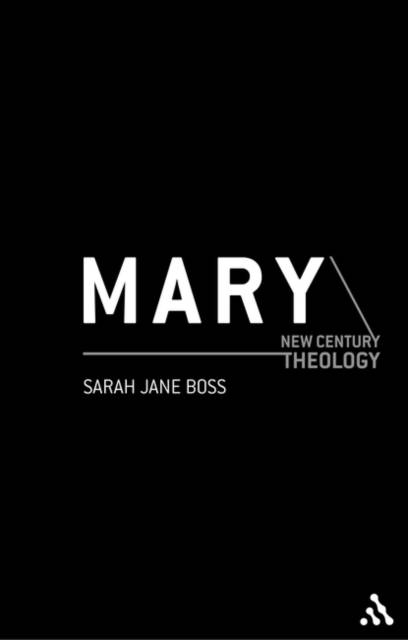
- Afhalen na 1 uur in een winkel met voorraad
- Gratis thuislevering in België vanaf € 30
- Ruim aanbod met 7 miljoen producten
- Afhalen na 1 uur in een winkel met voorraad
- Gratis thuislevering in België vanaf € 30
- Ruim aanbod met 7 miljoen producten
Zoeken
Omschrijving
In recent years Mary has stepped out of the closet of piety and devotion and become the subject of serious theological study and work. For too long Mary was an icon for the repression of women by a male dominated Church, but now Mary is seen as a vital theological symbol, a symbol of true femininity and true humanity which the Church and the modern world needs urgently. Jung has argued that the Definition of the Doctrine of the Assumption was the most important religious event since the Reformation: the feminine principle has been absorbed into the Godhead. Yet amongst some modern Catholics, as well as most Protestant Christians, the Virgin Mary is still seen as someone who has a very small part to play in the drama of salvation and creation. In Mary, Sarah Jane Boss seeks to correct this view. She argues that Christian theology should conceive of the created order, both physical and spiritual, as sacred in the highest degree, and that this understanding is already implicit in traditions of Marian doctrine and devotion. Far from being peripheral this understanding of Mary is central to Christian doctrine. It must underlie any attempt to answer the fundamental ethical questions of our age, namely that of the extent to which human beings are entitled to intervene in the natural order.
Specificaties
Betrokkenen
- Auteur(s):
- Illustrator(s):
- Uitgeverij:
Inhoud
- Aantal bladzijden:
- 149
- Taal:
- Engels
- Reeks:
Eigenschappen
- Productcode (EAN):
- 9780826457882
- Verschijningsdatum:
- 12/06/2004
- Uitvoering:
- Paperback
- Formaat:
- Trade paperback (VS)
- Afmetingen:
- 141 mm x 216 mm
- Gewicht:
- 213 g

Alleen bij Standaard Boekhandel
+ 128 punten op je klantenkaart van Standaard Boekhandel
Beoordelingen
We publiceren alleen reviews die voldoen aan de voorwaarden voor reviews. Bekijk onze voorwaarden voor reviews.








